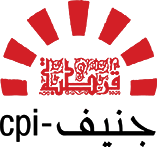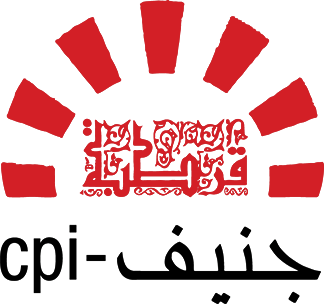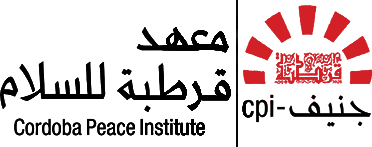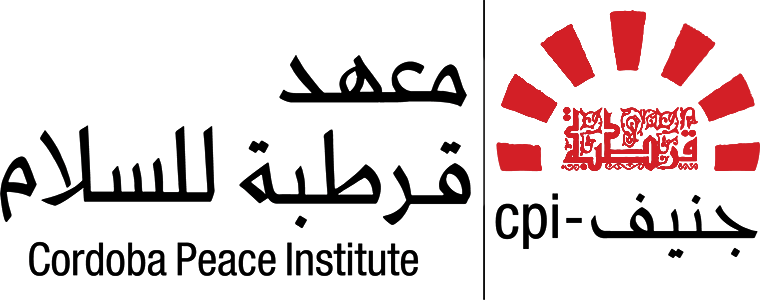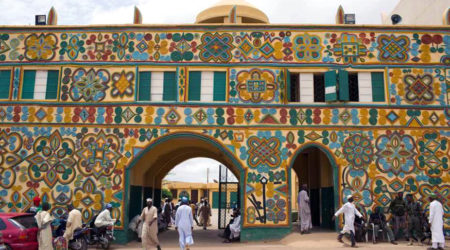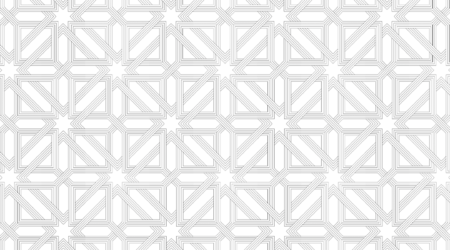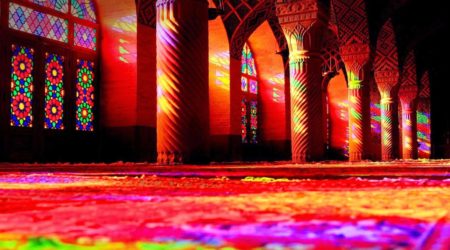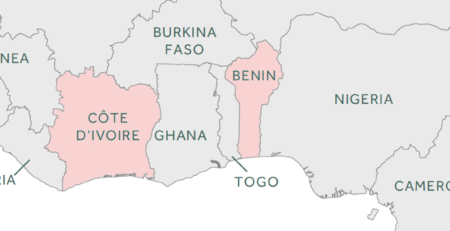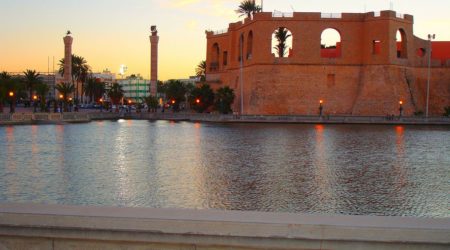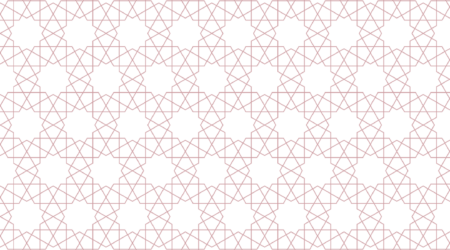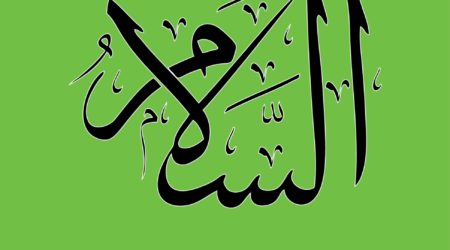Abbas Aroua: Non Violence is the Response to Hate Cartoons

The last two weeks have seen the resurgence of Islamic-Western tensions around the seeming opposition between freedom of expression and respect for religious symbols. We hoped that the unfortunate episode of the cartoons “Muhammeds ansigt” (Face of Mohammed) published on 30 September 2005 by the Danish newspaper Jyllands-Posten and the violent reaction in some cities of the Muslim world demonstrated to all parties how both provocation and the violent reaction to it can threaten world peace.
The quasi non-violent way was treated the case of the film “Fitna” (Discord) published on the Internet on 27 March 2008 by Dutch extreme right politician Geert Wilders comforted us in this hope.
But the webcast at the beginning of this month of the film “Innocence of Muslims” and the publication on 19 September 2012 by the French satirical weekly Charlie Hebdo of cartoons on Prophet Muhammad and the anger and violent demonstrations provoked in some Muslim countries indicate that, unfortunately, the lesson has not been retained from the previous episode.
The attitudes and behaviors in the West vis-à-vis Islam which are perceived negatively in the Muslim world may be classified into seven categories:
1) Islam criticism, that is to say the questioning and evaluation of Islamic values from Western referential, this being motivated by the West’s perception of a conflict (real or imagined) between Western and Islamic values. It is an intellectual and rational critique that is of the realm of methodology;
2) Anti-Islamism, which is the opposition to the interference of Islam (and religion in general) in the political sphere, which is of the order of politology;
3) “Anti-Islam”-ism, which is the rejection of Islam based on dogmatic religious ground; this is about theology;
4) Islamophobia, or the fear and the irrational prejudice towards Islam and Muslims. The ignorance of the other, the lack of communication and the “collective injuries”, new and old, unhealed because untreated and ignored, are the main causes of this fear; this is the realm of psychology;
5) Islamo-racism, where Muslims in the West as seen as an invasive alien “race”, which justifies their discrimination and even persecution; this is the realm of ideology.
For these five categories, the best approach is dialogue, be it intellectual, political or religious, and exchange to dissipate fears.
There are however two other categories where dialogue and exchange may be ineffective.
6) Provocation of Muslims; it is a vicious attitude and aggressive behavior towards Muslims, of the order of pathology. To this, the only effective remedy is ignorance and indifference.
7) Manipulation of Muslims, that is to say the malicious and opportunistic induction of the so-called Islamic violence to serve personal or collective goals, political or economic, which is about strategy. In this category, the best approach is ignorance or non-violent reaction, because violence only reinforces the instigators in their strategy.
The film “Innocence of Muslims” and the Charlie Hebdo cartoons seem to fit into the latter category, although the authors want to “sell” them as contributions necessary for the defense of artistic freedom and freedom of expression. Some political analysts have noted that the cartoons follow an opportunistic and purely commercial logic to boost the declining sales of the French weekly, while the film hides politicking goals related to the presidential election campaign in the United States, the Israel-USA tensions on Iran, and the willingness of some parties, individuals and groups, to undermine the dynamics of emancipation ongoing in the Arab world since last year.
The violence that followed the release of the film, including the attack on the US consulate in Benghazi and the death of diplomats, was widely condemned around the world, especially in the Arab and Muslim world. Was also condemned the violence directed by the filmmakers towards millions of Muslims. In the joint statement by the High Representative of the European Union for Foreign Affairs and Security Policy, the Secretary General of the Organization of Islamic Cooperation, the Secretary General of the League of Arab States and the Commissioner for Peace and Security of the African Union, published on 20 September 2012, the four regional organizations declared that they share “the anguish of Muslims at the production of the film insulting Islam”. The UN High Commissioner for Human Rights, Navi Pillay, declared on 14 September 2012, that “the film is malicious and deliberately provocative and portrays a disgracefully distorted image of Muslims”, and added “I fully understand why people wish to protest strongly against it, and it is their right to do so peacefully”. In France, however, for Manuel Vals, minister of the Interior, it was necessary to suspend this right by forbidding Muslims to protest peacefully in French cities, in order to preserve public order. This prohibition will exasperate sectarian tensions in France, as France’s Muslim population do not understand why the minister Vals did not suspend also the right to publish the cartoons in order to preserve the same public order.
The debate is far from closed on the balance to find between the defense of freedom of expression and the respect of religious symbols, between the right to criticize everything and the right not to be insulted, and on the boundary to set in order to distinguish between the expression of art and the expression of hatred. The UN Council of Human Rights has struggled to pass in March 2011, after months of debate, resolution 16/18, which calls in consensual terms for a coordinated action at national and international levels so that some rights and freedoms are not misused to undermine other rights and freedoms. In this debate, often passionate, many forget that the supreme values overarching all others are peace and the sacred life of the innocent soul. They are the ones who set the limits of the various rights and freedoms.
Abbas Aroua
24 September 2012
